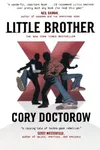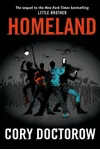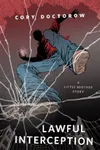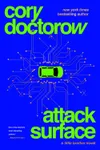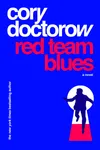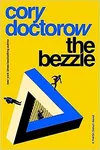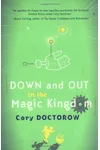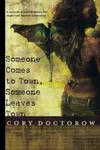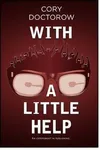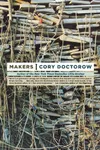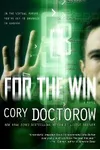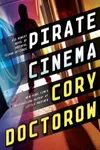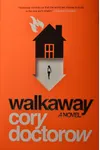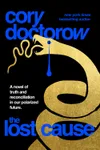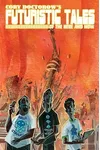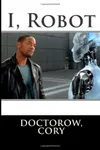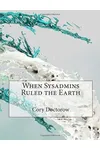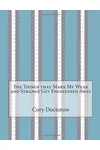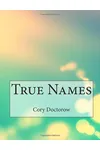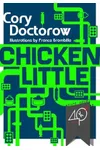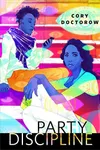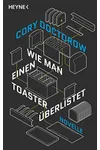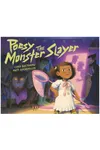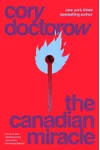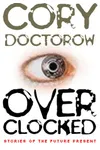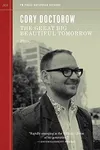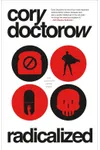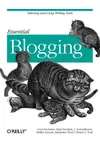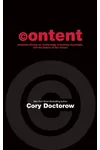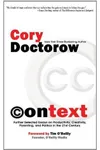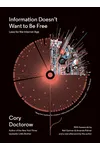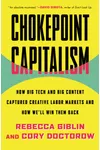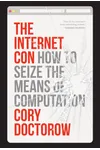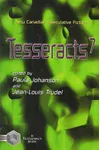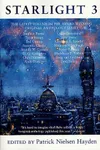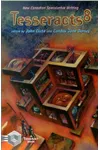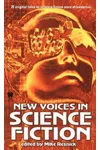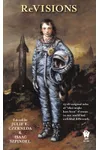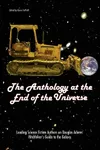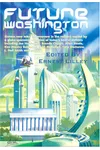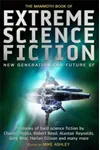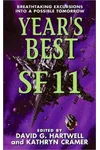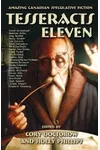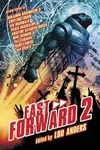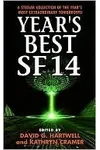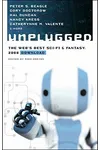Picture a Canadian storyteller who spun tech-fueled tales of rebellion and freedom—meet Cory Doctorow! Born in 1971, this Toronto native is a science fiction author, journalist, and digital rights activist whose works, like the acclaimed Little Brother, blend gripping narratives with sharp critiques of surveillance and control. With a knack for making complex tech accessible, Doctorow’s stories captivate readers while challenging them to rethink the digital world.
Doctorow’s unique blend of speculative fiction and advocacy has earned him a devoted following and accolades like the Locus and Prometheus Awards. Ready to dive into a world where hackers outsmart Big Brother? Let’s explore the life and legacy of this visionary wordsmith!
The Making of Cory Doctorow
Born in Toronto, Cory Doctorow grew up immersed in activism and counterculture, shaped by his parents’ progressive ideals. As a teen, he was drawn to computers and the early internet, sparking a lifelong passion for technology’s potential and pitfalls. After dropping out of university, Doctorow honed his craft through short stories and journalism, co-founding the blog Boing Boing. His early career as a tech advocate laid the groundwork for his fiction, which often explores the intersection of innovation and ethics.
Cory Doctorow’s Unforgettable Stories
Doctorow’s novels and short stories are a thrilling mix of speculative fiction, cyberpunk, and social commentary. His breakout novel, Little Brother (2008), follows a teenage hacker fighting a surveillance state after a terrorist attack—a gripping, prescient tale that earned multiple award nominations. Its sequel, Homeland (2013), dives deeper into political resistance and data privacy. Down and Out in the Magic Kingdom (2003), his debut novel, imagines a future where reputation is currency, showcasing his knack for blending humor with big ideas.
Doctorow’s style is fast-paced, witty, and packed with tech jargon that feels authentic yet approachable. His themes—civil liberties, corporate overreach, and the power of open-source tech—resonate with readers who see parallels in today’s world. Short story collections like Overclocked (2007) highlight his versatility, tackling everything from AI ethics to post-scarcity economies. Whether he’s writing for teens or adults, Doctorow’s stories spark curiosity and defiance.
Why Cory Doctorow Matters
Cory Doctorow’s impact extends beyond bookshelves. As a leading voice in digital rights, he’s championed open internet policies and fought against restrictive copyright laws, earning him a spot as a fellow at the Electronic Frontier Foundation. His fiction inspires readers to question authority and embrace technology as a tool for empowerment. By making complex issues relatable, Doctorow bridges the gap between geek culture and mainstream audiences, shaping conversations about privacy and freedom in the digital age.
His influence is felt in classrooms, where Little Brother is taught as a modern classic, and among activists who see his work as a call to action. Doctorow’s ability to blend entertainment with advocacy ensures his stories remain relevant in an era of rapid technological change.
About Cory Doctorow
- Born: July 17, 1971, in Toronto, Canada
- Key Works: Little Brother, Homeland, Down and Out in the Magic Kingdom
- Awards: Locus Award, Prometheus Award, John W. Campbell Memorial Award
- Fun Fact: Doctorow releases his books under Creative Commons licenses, encouraging free sharing!
Snag Little Brother and dive into Cory Doctorow’s thrilling world of hackers, heroes, and high-stakes rebellion!
